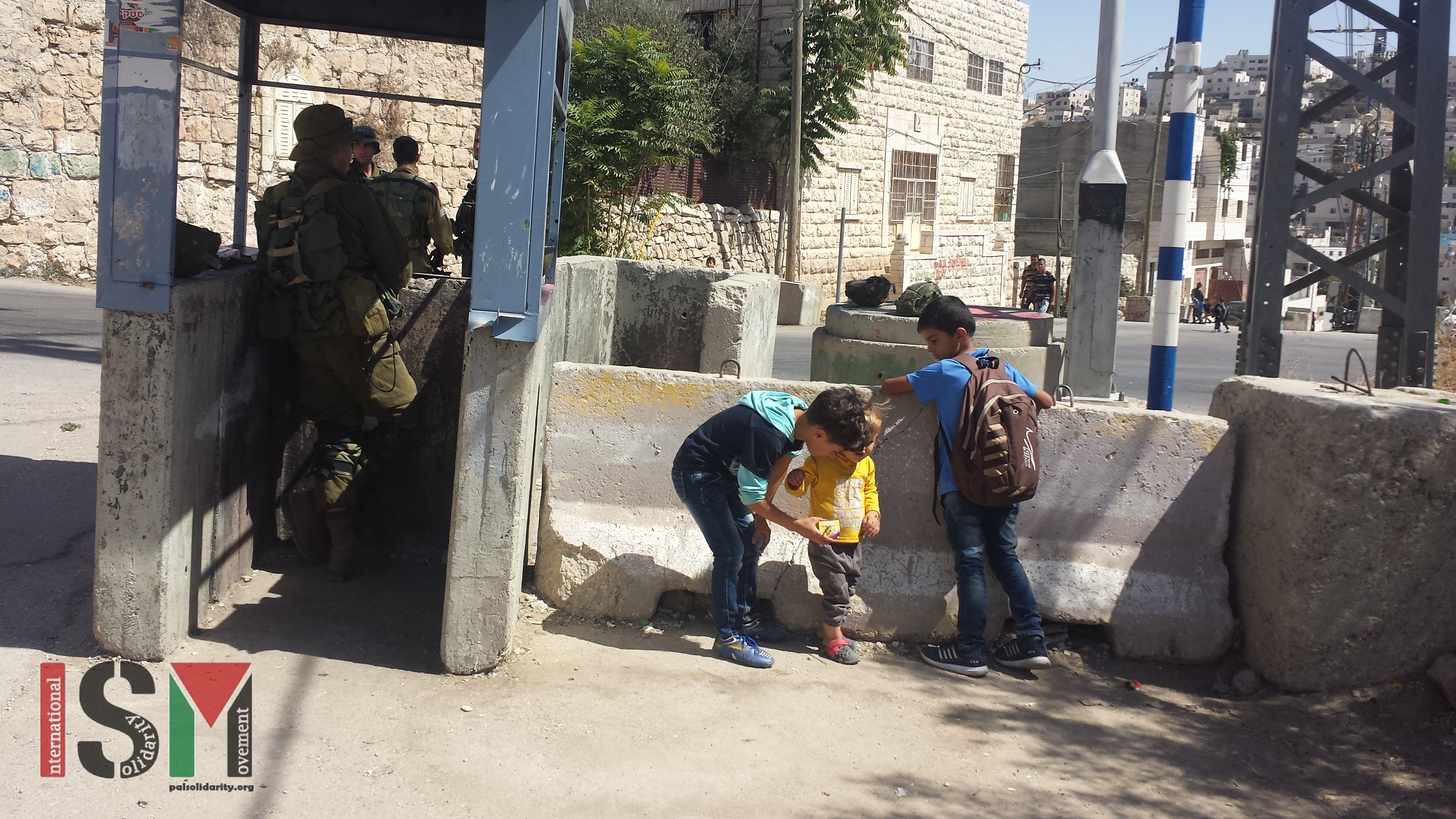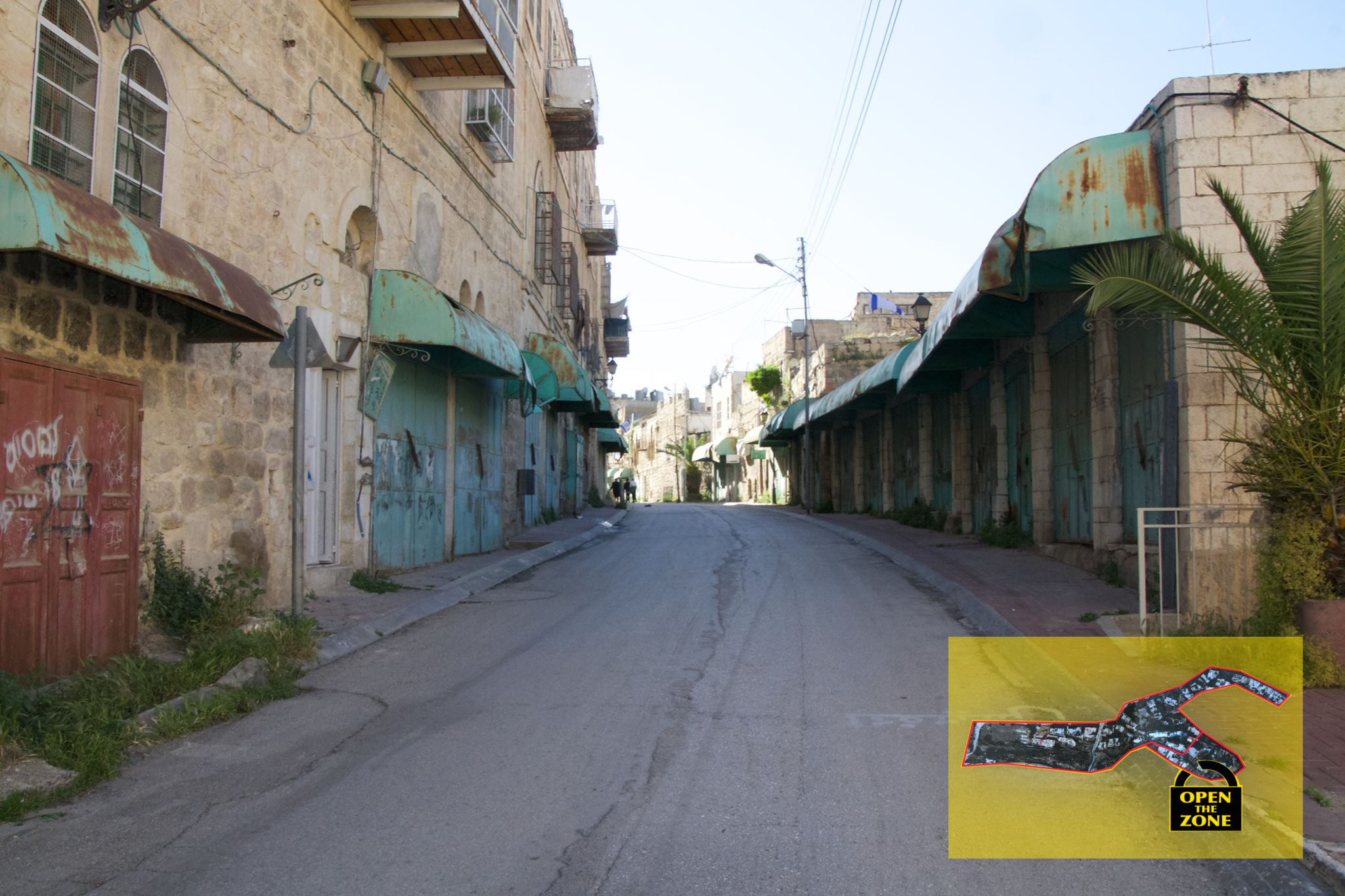Tag: Digests
-
Photo story: Jewish holidays bring harassment to occupied Hebron
6th October 2016 | International Solidarity Movement, al-Khalil team | Hebron, occupied Palestine The 3rd and 4th of October marked the celebrations of the Yewish New Year. In the occupied West Bank, Jewish holidays, celebrated by the settlers from the illegal settlements. This usually translates to an increase in harassment, restrictions and the presence of…
-
Arbitrary humiliation by Israeli forces in former closed military zone in Hebron
24th June 2016 | International Solidarity Movement, al-Khalil team | Hebron, occupied Palestine In occupied al-Khalil (Hebron), the Tel Rumeida neighborhood and the tiny strip of Shuhada Street still accessible to Palestinian pedestrians, has seen endless restrictions by Israeli forces. After the area was first declared a ‘closed military zone’ on 1st November 2015, Palestinian…
-
Ramadan in occupied Hebron
12th June 2016 | International Solidarity Movement, al-Khalil team | Hebron, occupied Palestine On 5th June, the holy month of Ramadan started. In occupied al-Khalil (Hebron), the Old City, that till then had been mainly deserted, comes back to life as many stream towards Ibrahimi mosque for prayers. The Old City of al-Khalil, including the…



